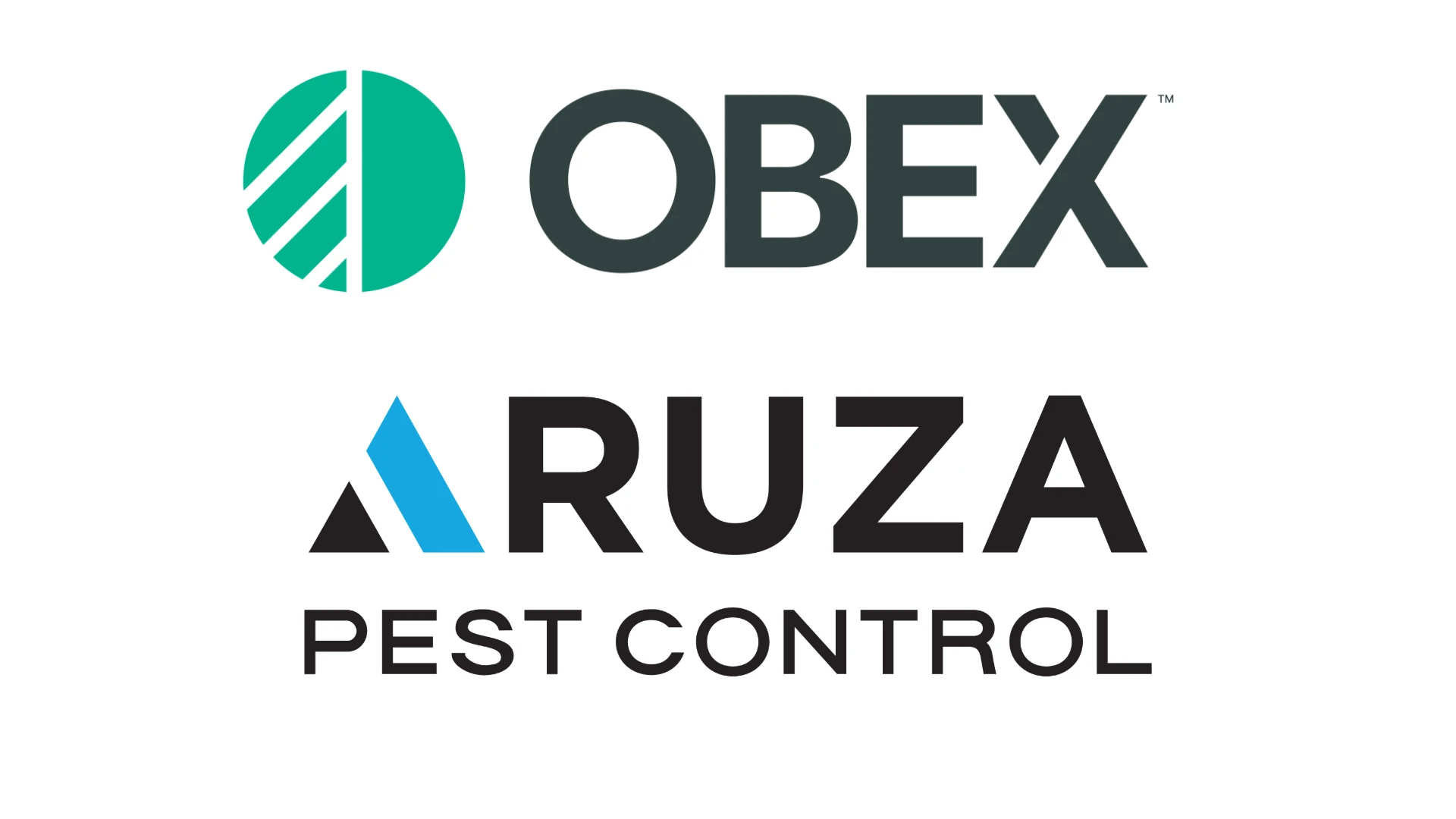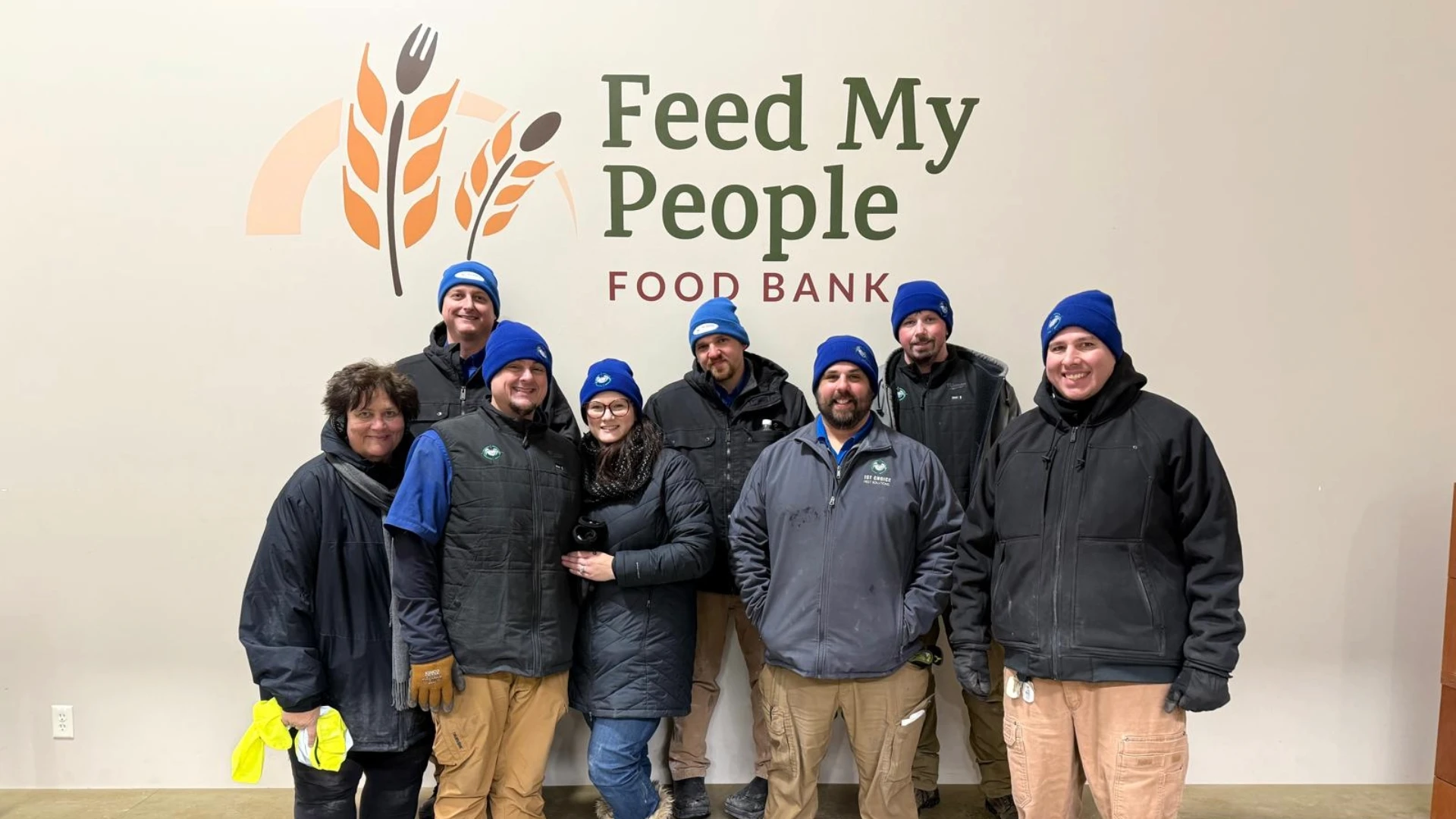As the new president of RISE (Responsible Industry for a Sound Environment) Aaron Hobbs enters office at a time when the specialty chemical industry and the markets it serves are under significant economic and regulatory stress.
These challenges are not lost on Hobbs, who has three very clearly defined goals as he enters office:
Respond to economic challenges – Hobbs says a troubling trend is fee increases from state and federal agencies as well as "an uptick in enforcement." He said, "We are seeing governments stepping up enforcement and increasing fees and fines to overcome budget shortfalls."
Keep "science" in discussions – Another regulatory challenge has been what Hobbs calls "the erosion of science." "When it comes to making decisions about restricting the use of pesticides, science — more and more — is not being a part of those discussions. We need to take a look at new ways to communicate with policymakers so that science is the foundation for their decisions."
Unification – Hobbs said the importance of working with allied associations — including the National Pest Management Association — is as important as ever. "We need to stick together," Hobbs said. "Decisions that are being made might only impact one market today…but it’s foolish if we don’t realize that those same decisions will one day impact (other markets)."
One example of how RISE and NPMA work cooperatively is Debug the Myths, RISE’s consumer education program to help the public understand the benefits of pesticide and fertilizer products. RISE worked with NPMA to develop one of the core messages of that campaign — pesticides ensure quality of life by managing pests of public health (e.g., mosquitoes) and pests that can damage homes (e.g., termites).
PRIOR RISE EXPERIENCE. Hobbs joined RISE in March 2009, serving as director of legislative affairs and grassroots outreach. In this role, he identified, tracked and took action on legislative activities that impacted the specialty pesticide industry and grew membership in the RISE grassroots network to help ensure that industry voices were heard in the political process.
"RISE is an advocacy group that fights for active ingredients so that manufacturers can continue producing, and their customers can continue to use the products they need. I was in the weeds working on those issues. It was a great experience," Hobbs said.
Hobbs said during this time one of RISE’s greatest allies has been NPMA, including NPMA Executive Vice President Rob Lederer, NPMA Senior Vice President Bob Rosenberg, and Gene Harrington, NPMA’s director of government affairs, with whom he’s worked closely on regulatory issues.
Prior to joining RISE, Hobbs served as director of the National Assembly of Sportsmen’s Caucuses for the Congressional Sportsmen’s Foundation (NASC). Hobbs said there are many similarities in the way opponents of NASC and RISE operate.
"The way these groups advocate for issues was the same, in terms of the removal of science from the discussion and the absence of facts from the discussion," said Hobbs. "They will look for the weak spots in an industry — issues they can have success with — and try to peel them off one at a time."
Hobbs also served in past positions as an international trade economist and presidential management fellow with the United States Department of Agriculture’s (USDA) Foreign Agricultural Service, resource economist with the USDA’s Natural Resources Conservation Service, and a legislative intern in the U.S. House of Representatives. He graduated from Texas A&M University with a bachelor’s and master’s degree in agricultural economics.
SMOOTH TRANSITION. Hobbs served as the association’s president-elect from June 1 - Aug. 31, and then replaced Allen James, who retired on Sept. 1. James was RISE’s first president and held that position for the last 20 years. During that time he worked closely with national political leaders to explain the health and safety benefits associated with the responsible use of pesticide and fertilizer products. For example, when the West Nile virus outbreak occurred in 1999, RISE was on the forefront of the national situation for many years, communicating with the public about the disease and supporting strategies to prevent outbreaks and reduce the threat of mosquito-borne illnesses. Under James, RISE has been actively involved in defending state pre-emption laws, whereby every U.S. municipality and county has the right to use pesticide products to protect their residents when necessary.
During the past two years, Hobbs developed a great amount of respect for James and his commitment to the specialty chemical industry. "Allen came to work every day firmly believing in what he was doing," Hobbs said.
The decision to promote Hobbs came after "a long and thoughtful process," according to Josh Weeks, past chairman of the RISE Governing Board who led the search committee. "Aaron understands the important work of RISE and brings his considerable energy and creativity to our association and its most critical issues."
Dan Rosenbaum, immediate past chairman of the RISE Governing Board added, "Aaron brings the vision, leadership skills and enthusiasm the Board wanted in a new association executive, and we are pleased to have someone of his caliber leading the association into the future. He knows RISE and understands what it will take to continue its success as well as address its challenges."
The author is managing editor and Internet editor of PCT magazine.

Explore the October 2010 Issue
Check out more from this issue and find your next story to read.
Latest from Pest Control Technology
- Veseris Expands in Turf & Ornamental and Pool Supply with Acquisition
- Pest Authority, Mosquito Authority Celebrate All-Star Franchisees
- Ka Tsu Joins Avoca.ai
- Envu's Suite of Pest Management Solutions
- In Memoriam: Tom Moore
- 2024 Crown Leadership Award Winner Kathy Heinsohn
- OPMA Shares Officer Inductions, PWIPM Chapter Updates from Winter Meeting
- Inside Out





